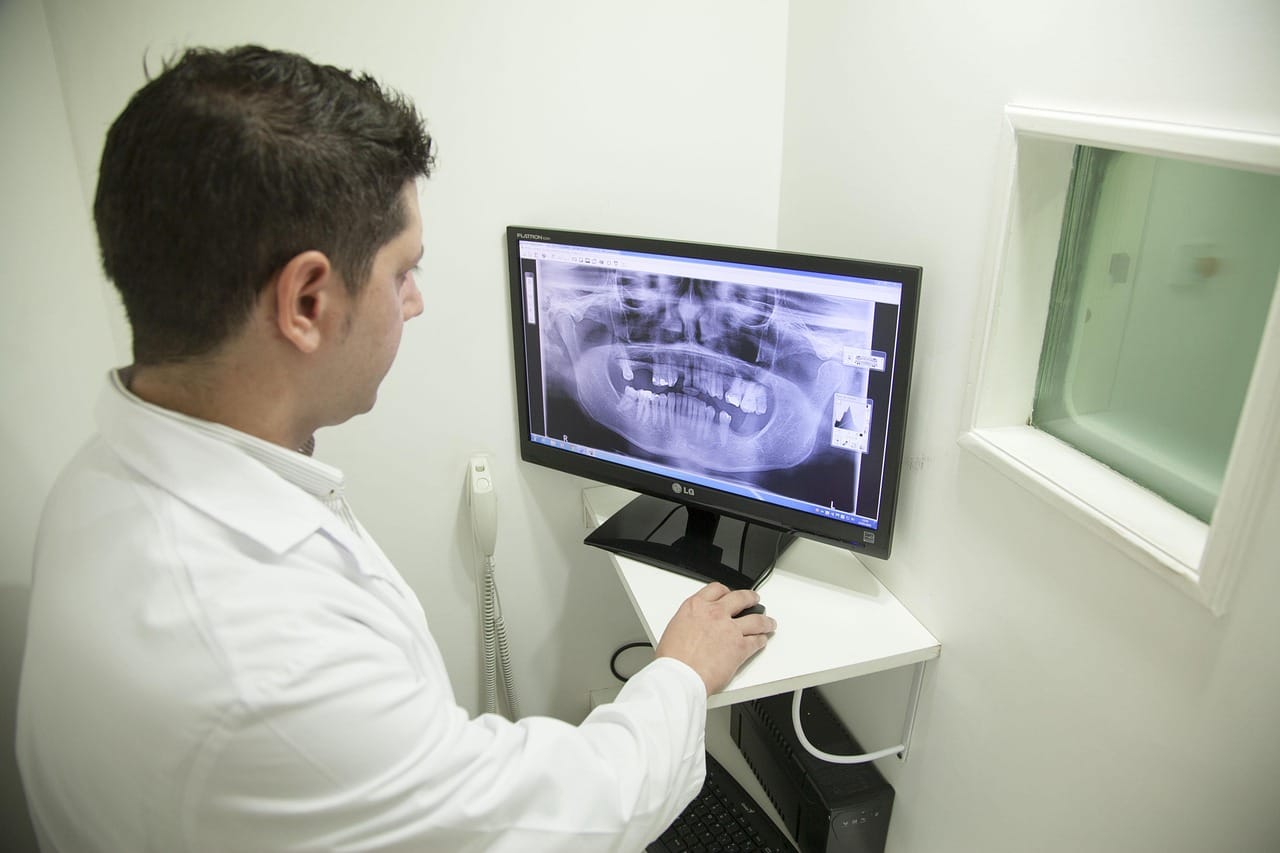In October 2025, news spread across the Internet: researchers from Japan had invented a drug whose use could replace dental prosthetics. We decided to check the reliability of such publications.
News about a sensational breakthrough by Japanese scientists, which will supposedly allow people to grow new teeth instead of getting implants, was published "Fontanka", Nexta and other media. However, this information has been circulating on the Internet for several years now - previously they wrote about miracle pills “Gazeta.ru", RBC And Lenta.ru, specialized portals, publics in "VKontakte", users X And Facebook. The publications claim that the drug has proven its effectiveness in laboratory animals, human trials are beginning, and by 2030 it will be actively used.
The research discussed in the publications is carried out by a group of scientists from Kyoto University. Katsu Takahashi, one of the team's lead researchers, is very optimistic tells about the results that he and his colleagues managed to achieve. However, claims that the profession of a dental prosthetist will become a thing of the past any day are somewhat exaggerated.
The principle of action of the drug being developed by scientists is based on their research, which was published in 2021. Specialists were interested in two genes: Runx2 (it “starts” the process of tooth development) and Usag-1 (on the contrary, it “stops” growth at a certain stage so that there are not too many teeth in the mouth and so that they do not grow too large). In earlier studies, it was noted that if you cross mice without the Runx2 gene (in which teeth did not grow) with mice without the Usag-1 gene (in which teeth grew excessively), then their offspring's tooth growth will return to normal. The researchers decided to test what would happen if the Usag-1 gene was suppressed in mice without the Runx2 gene. In some experimental rodents, the Runx2 gene was absent at birth (and teeth did not form); in some it was artificially blocked. In the second group, where Runx2 was “turned off,” blocking Usag-1 contributed to the complete restoration of tooth formation. In the first group, where the individuals did not have the Runx2 gene at all, partial restoration of teeth was achieved.
Two years later, the same group of scientists released article about the prospects for using their discovery in the treatment of people with congenital agenesis (absence) of teeth. They claim that the method they found can help people suffering from dental agenesis (about 0.1% of the world's population), as well as children suffering from partial loss of teeth (according to scientists, about 10%). It is noted that with early diagnosis and identification of such anomalies, the therapy proposed by researchers can significantly improve the quality of life of patients. The same article mentions that earlier scientists discovered in humans rudimentary epithelial rudiments of the third row of teeth, which, presumably, can be “awakened” in the way that Japanese researchers propose. That is, theoretically, the drug can be used not only to treat people with congenital anomalies, but also for those who, for one reason or another, have lost teeth during their lives.
Although at the end of 2024 Japanese scientists reportedthat they are going to start clinical trials and have even developed a protocol for their first phase, at the time of writing this analysis, “Verified” did not find any publications reporting the results of these tests. During the first stage trials usually evaluate the safety of the drug and identify possible adverse reactions, the effectiveness is checked after this, during the second and further phases. That is, even when Japanese scientists conduct the first phase of clinical trials they have already announced, it will be too early to say that the drug is effective. The results obtained on laboratory animals cannot always be extrapolated to humans, so before we can talk about an innovative method that will supposedly completely replace prosthetics, the drug must go through several more stages of testing. In addition, the first phase usually involves a small group of healthy adults - although scientists claim that their drug should primarily help children, no trials have yet been conducted on minors and are unlikely to be conducted in the near future.
Thus, Japanese scientists have indeed developed an innovative way to grow new teeth, but now its effectiveness has only been proven in laboratory animals. There is no evidence that they were able to restore the formation of teeth in patients with congenital agenesis or grow a new tooth for a person to replace the removed one. In addition, the drug, according to scientists, will be aimed primarily at treating patients with genetic abnormalities, and not at restoring lost teeth in adult patients. It is likely that if the drug proves its effectiveness, in the future it will indeed be able to completely replace prosthetics, but it is too early to talk about this.
Cover photo: Elias Alarcón from Pixabay
- Snopes. Japanese researchers developed a drug that could help people grow new teeth?
- Is this photo of a child's skull before the baby teeth fell out true?
- Is it true that Japanese scientists have developed a technology to create meat from human excrement?
- Is it true that scientists have learned to convert human stress into electricity?
If you find a spelling or grammatical error, please let us know by highlighting the error text and clicking Ctrl+Enter.






